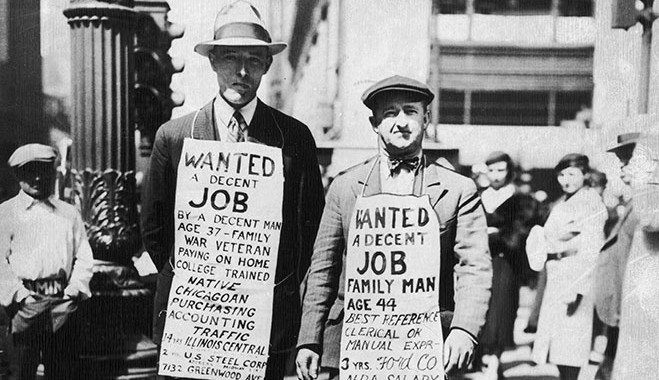I put up a post of Thomas Piketty’s NYRB take on Sir Tony Atkinson’s Inequality: What Can Be Done? Here’s a passage from an Economist piece about the same book, which compares Atkinson’s work to Piketty’s conversation-turning Capital in the Twenty-First Century:
In the event, Sir Anthony is more radical than Mr Piketty; he calls for robust taxation of the rich whom he reckons have got off easily over the last generation (see chart). But that’s not all. He believes government should meddle in markets in all sorts of ways to influence the distribution of economic rewards. Sir Anthony’s recommendations are a throwback to the 1960s and 1970s, when trade unions were a dominant force in politics and the state was seen as a much-needed check on markets. Even the most egalitarian economists, such as Mr Piketty, are reluctant to recommend employment guarantees and wage controls. Sir Anthony is not. And if his arguments are not always wholly convincing, he may nonetheless succeed in shifting the debate.
Inequality begins with a clear statement of the harm done by rising income gaps: they unfairly punish those who suffer bad luck. They undermine economic growth and social cohesion. Perhaps most importantly, inequality in economic resources translates directly into inequality in personal opportunity. Wealth generates comfort even when it isn’t being spent; the rich enjoy the fact that they are insured against future hardship or could use their wealth in future to satisfy personal or professional goals.•

